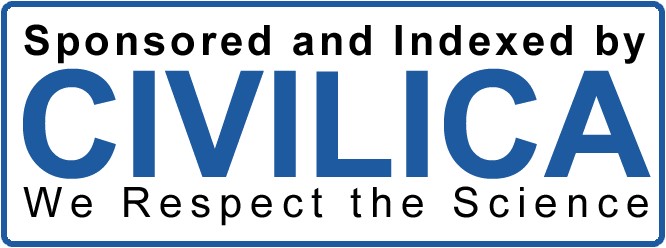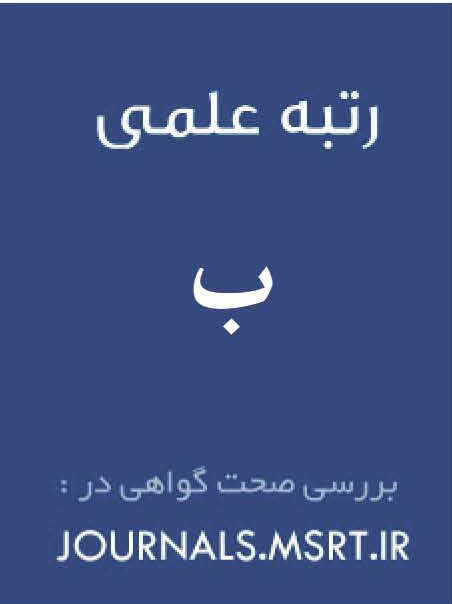Validation And Effectiveness of the Anticipatory Death Coping Training Package on Death Anxiety in the Elderly
Keywords:
Elderly, Death Anxiety, ValidationAbstract
Introduction and Aim: In all societies, especially in advanced societies, it is necessary to provide conditions and facilities for the elderly to be a period full of improved experience and promoted self-esteem. Therefore, the aim of the present research was to validation and effectiveness of the anticipatory death coping training package on death anxiety in the elderly.
Methodology: The present study was mixed. The type of research in the qualitative part was exploratory and the population of this part of the research included elderly residents of nursing homes in Tehran city, which from whom and according to the principle of theoretical saturation, number of 14 people were selected as a sample using purposive sampling method. The data collection tool in this part was a semi-structured interview with the elderly, and its data were analyzed using open, axial, and selective coding methods in MAXQDA software. Also, the research design in the quantitative part was pre-test, and post-test type and the population of this part of the research included elderly residents of nursing homes in Tehran city, which from whom number of 20 people were selected as a sample using the available sampling method and randomly assigned to two experimental and control groups. The experimental group received 10 sessions of 90 minute training with the anticipatory death coping training package, and the control group remained on the waiting list for training. The data collection tool in this part was the Death Anxiety Scale (Templer, 1970) and its data were analyzed using the univariate analysis of covariance method in SPSS software.
Findings: The results of the qualitative part showed that the anticipatory death coping training package had 53 open codes, 8 axial codes, and 4 selective codes, including understanding and meaning of death (with three axial codes of spiritualism, perception of death, and perception of the future), supporting others and independence (with one axial code of interpersonal relationships), evaluating and responding to aging (with two axial codes of reappraisal and responding to aging), and financial problems and inability to work (with two axial codes of economic analogy and employment); so that the content validity index and content validity ratio of the aforementioned package, which was designed for 10 sessions of 90 minute were approved. Also, the results of the quantitative part showed that the anticipatory death coping training package significantly reduced death anxiety in the elderly (P<0.001).
Conclusion: According to the results of the present research, health professionals and therapists can benefit from the anticipatory death coping training package along with other educational packages to reduce death anxiety in the elderly.
Downloads
Downloads
Published
Submitted
Revised
Accepted
Issue
Section
License
Copyright (c) 1404 بهرام شجاعی, مالک میرهاشمی (نویسنده); محبوبه طاهر; طاهرهالسادات میرقائمی (نویسنده)

This work is licensed under a Creative Commons Attribution-NonCommercial 4.0 International License.






